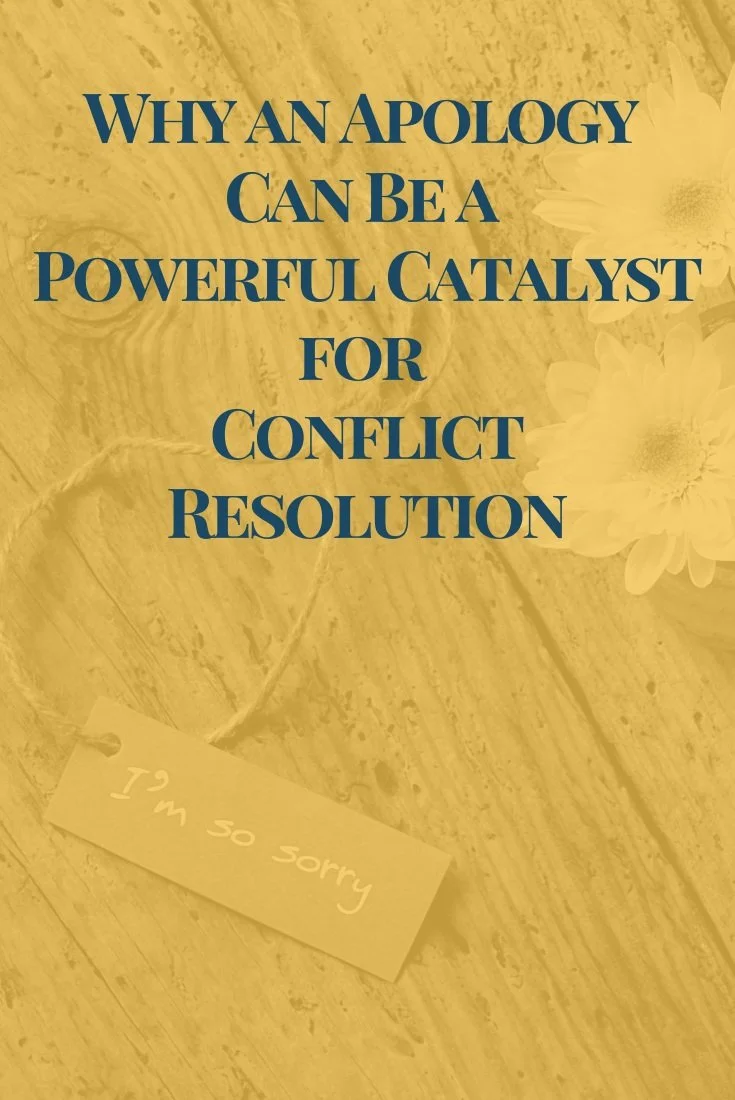When it comes to conflict resolution, active listening is a crucial skill that can make all the difference in working toward agreement. Active listening involves not only hearing what the other person is saying but also paying attention to their emotions. In this article, we will explore the importance of acknowledgment, how to validate feelings, the value of empathy, how to seek clarity, the benefits of summarizing what is expressed. Actively listening for emotions is a powerful way to facilitate conflict resolution.
3 Benefits of Virtual Mediation Training: Breaking Barriers and Empowering Mediators Around the World
As a professional mediator, I have been practicing for nearly three decades. Over the years, I have seen the industry evolve and adapt to changes in technology and society. One of the most significant changes is the rise of virtual mediation training, a service Interaction Management Associates began offering before a global pandemic forced most professions into the digital world. In this article, I will share the benefits of virtual mediation training and how it is breaking barriers and empowering mediators around the world.
Why an Apology Can Be a Powerful Catalyst for Conflict Resolution
A genuine apology can promote healing and connection. An apology involves more than simply saying “I’m sorry.” It is a process. Effective apologies require courage, compassion, humility, and sincerity. An apology’s effectiveness, however, is not dependent on the recipient’s acceptance of the apology. There may be barriers to giving or receiving apologies. When the conditions are right, however, an apology can be a powerful catalyst for conflict resolution.





